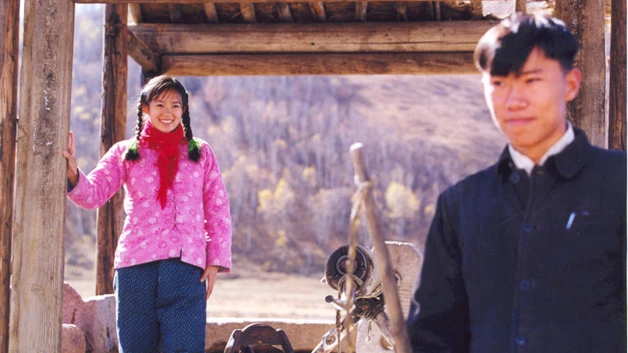Call Me by Your Name Film Difficulty Ranking: 3
If you’ve ever dreamed of falling in love under the Italian sun, this film may just take you to dreamland. Call Me by Your Name has all the ingredients for a perfect romantic film. It’s got sun, fresh food, beautiful people, lakes and rivers, and freedom. All you’ll need is a glass of wine.
Why Watch Call Me by Your Name?
- If you like sensual romance (also see Guadagnino’s I Am Love)
- To escape to the beautiful Italian summer
- It’s been nominated for Best Picture at the Oscars
- If you like coming-of-age stories
The Breakdown
Call Me by Your Name starts with 17 year old Elio. He’s chilling in his parents house in Northern Italy with his girlfriend Marzia for his summer holidays. A few seconds later, Oliver arrives, a grad student from Elio’s dad’s university class in America. He’s come to Europe for the summer to help Elio’s dad with his research and lap up the Italian sun.
The Italy we see in Call Me by Your Name is the Italy we dream of. The sun is forever shining and the warm colours almost give off the heat. As this is set in the 1980s, before Internet, there are no phones or computers as we know today, and these guys don’t watch TV. Instead, they swim, play volleyball, lounge in the sun, eat Al-fresco, and read. It’s pretty much the ideal summer holiday – everyone is happy and relaxed. Plus, the beautiful environment heightens the beauty of everyone within it.
It’s also no surprise that Elio and Oliver are attracted to each other. Everything you see in their environment symbolizes the ripeness of their relationship. There are trees laden with ripe fruit, flies buzzing on and off the screen (you can always hear them), and fresh water. In addition, there’s the constant sun. The environment is a metaphor for their growing love for each other, identifying it before they do.
Whilst the sensual environment reveals their growing love to the audience, Elio and Oliver are still unaware of each other’s feelings. Instead, they performing an intellectual mating ritual in which they both try to show-off their proficiency in high art to the other. Firstly, Oliver manages to prove his intelligence by correcting Elio’s dad on the origins of the word ‘apricot.’ Secondly Elio gets his chance to show-off when he plays the guitar and piano. The ‘mating ritual’ finally ends when Oliver admits defeat and asks Elio if there is anything he doesn’t know which gives Elio the confidence to subtly declare his love.

Conclusion
If you’ve seen any of Guadagnino’s other films, you’ll know that he’s a master of sensuality. In Call Me by Your Name he doesn’t disappoint. It’s the perfect coming-of-age story of Elio’s first love. You’ll almost forget it’s a gay romance (if Oliver doesn’t keep repeating ‘let’s be good’) as this film is first and foremost a beautiful romance.




You must be logged in to post a comment.